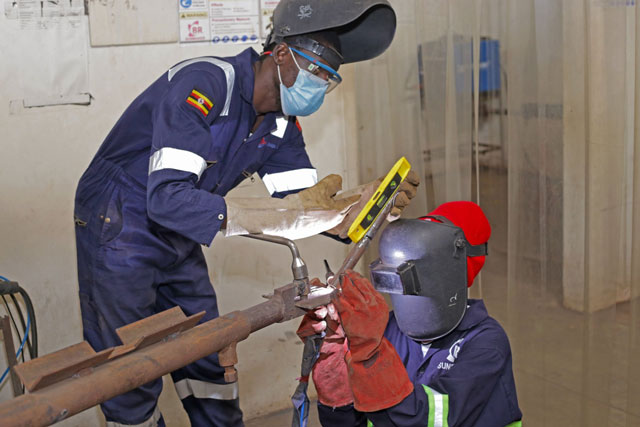
NAIROBI | Xinhua | Kenya on Friday launched a policy to recognize the undocumented skills and knowledge acquired by thousands of informal sector workers without attending formal learning institutions.
Deputy President Rigathi Gachagua said the framework elevates the informal sector workers and dignifies what they do. “This policy sows and grows seeds for equity and equality for the economic development of our country,” Gachagua said as he unveiled the policy in Nairobi, the Kenyan capital.
He noted that by officially recognizing the artisans’ knowledge and skills, Kenya is giving them access to unlimited opportunities in the formal sector, both locally and internationally. “With the launch of the Recognition of Prior Learning (RPL) policy today, we have removed the barriers and opened the gates for consideration of knowledge, skills, and expertise for those in informal employment.”
He noted that out of the 19.1 million people in Kenya’s labor force, about 16 million work in the informal sector, which includes self-employment and casual labor.
Alice Kande, acting director general at the Kenya National Qualifications Authority (KNQA), the institution that developed the policy, said the framework will help Kenya offer the correct skills in the labor market in a way that is affordable and time-conscious.
Kande said the framework brings into the national database numerous qualifications, skills, knowledge, and competencies that are currently contributing to national development but have not been formally recognized.
Richard Muteti, chief executive officer of the Kenya National Federation of Jua Kali Associations, a lobby for artisans, said the policy would help end the stigma associated with the informal sector as many workers are believed to be uneducated. ■
 The Independent Uganda: You get the Truth we Pay the Price
The Independent Uganda: You get the Truth we Pay the Price





